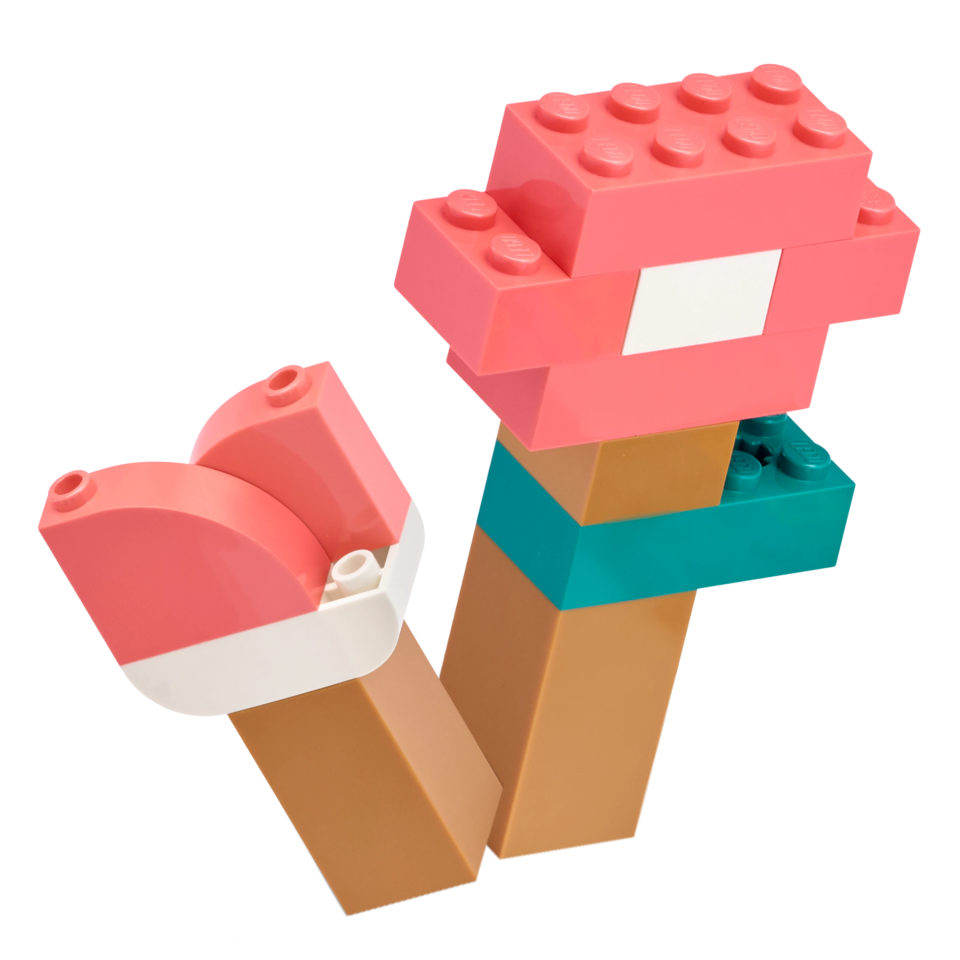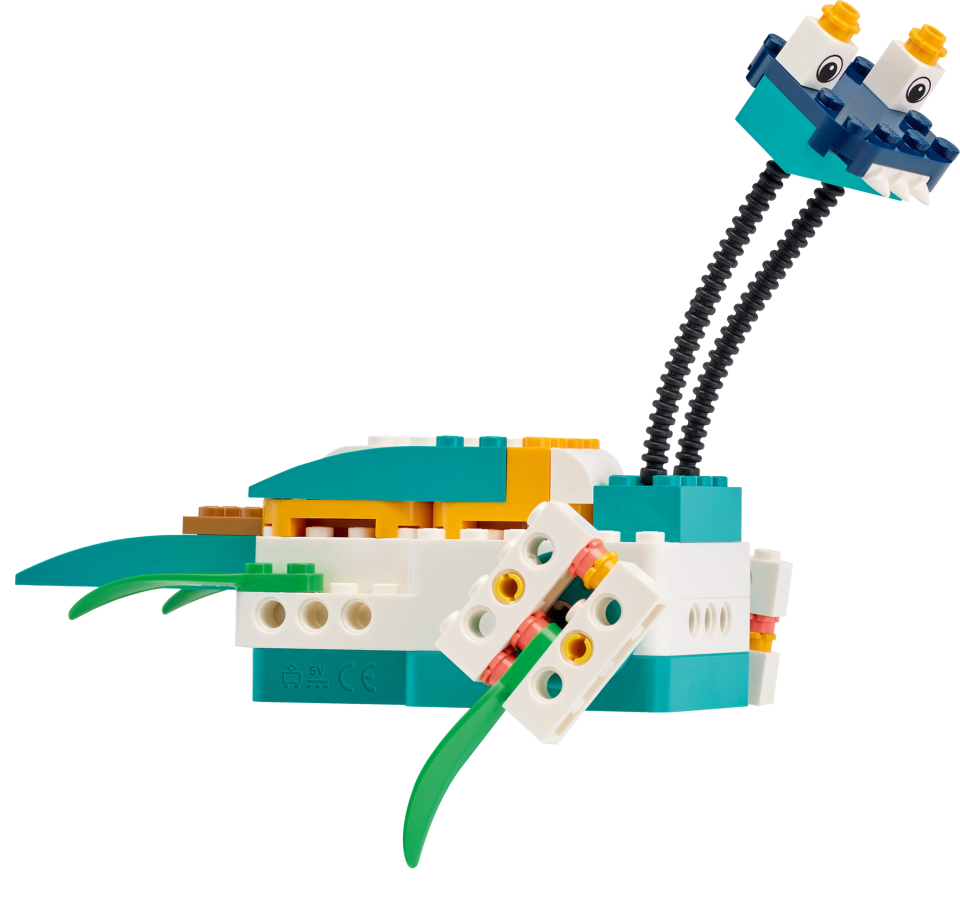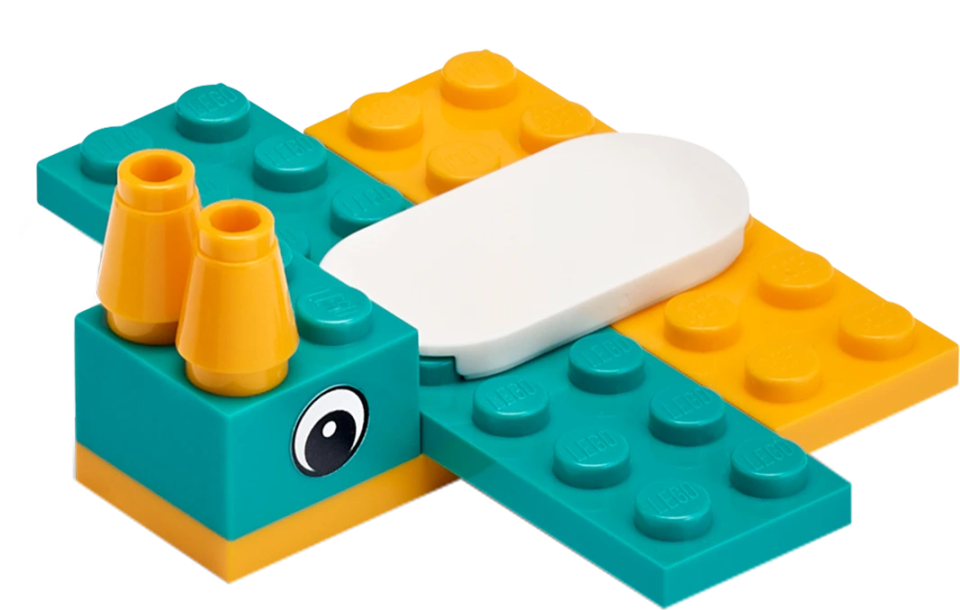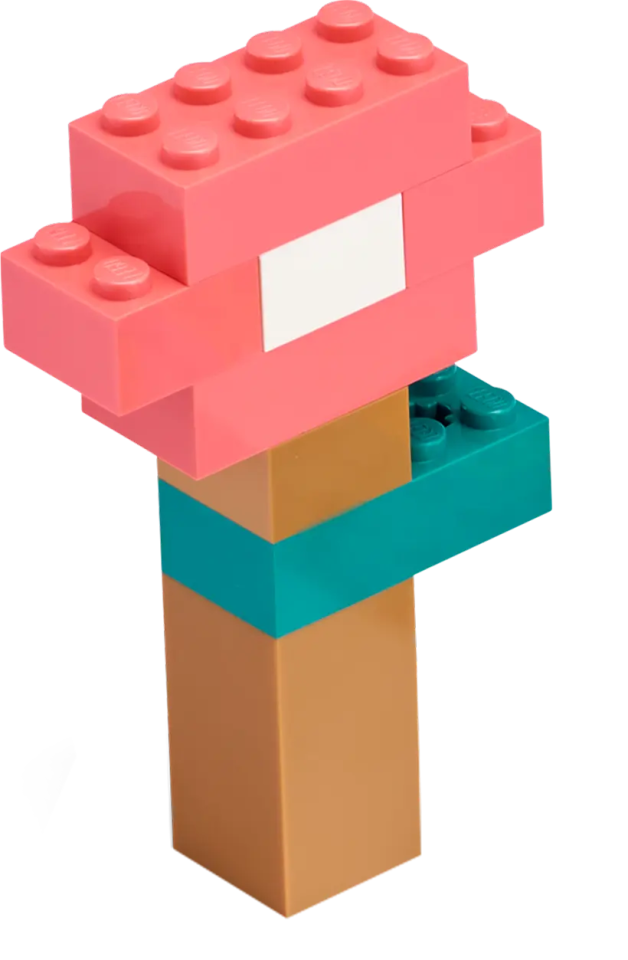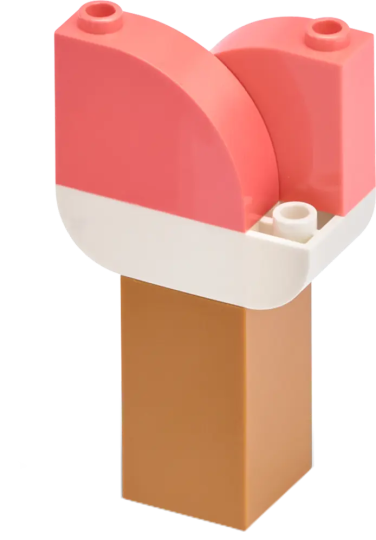Court Lights
Apply knowledge and skills related to simple machines, light energy and systems, performance, and fair testing.
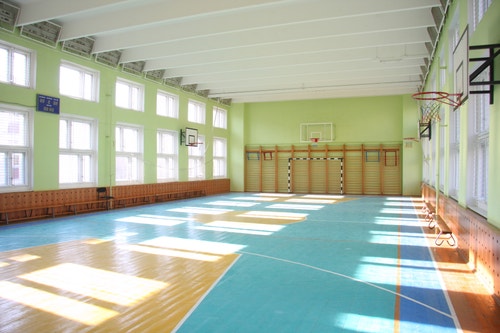
The Problem
(3-5 Minutes)
Renewable energy sources can be captured and used in many ways. A variety of mechanisms can be powered by a renewable energy source.
The school’s basketball team needs a lighting system to enable them to train after dark.
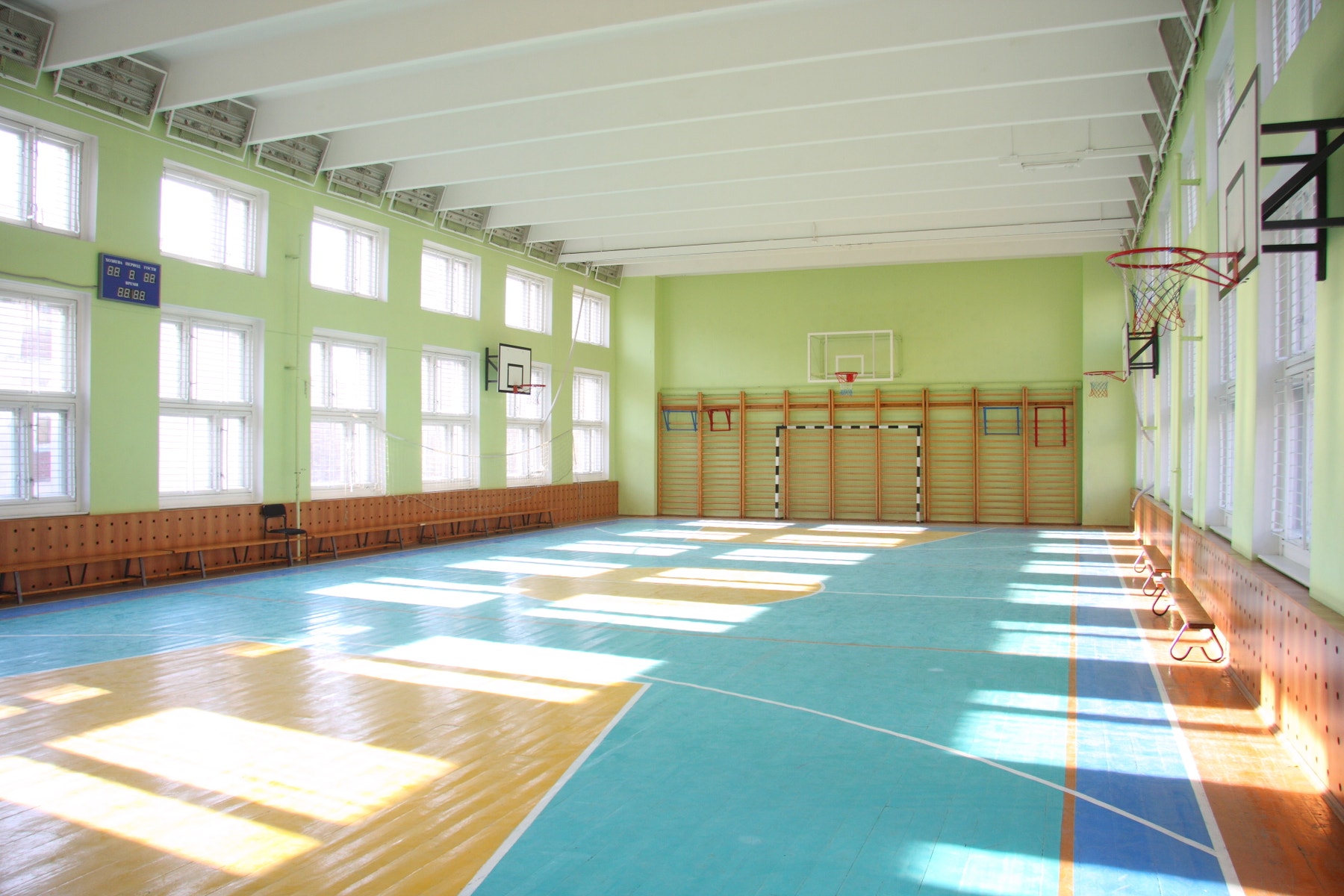
Design Brief
(3-5 Minutes)
Motivation
To help in the design process, instruct students to look at the picture on the Student Worksheet and read the accompanying text.
Let students search the Internet to learn more about the appearance, structure and function of different sorts of lightning systems and renewable energy light applications.
Discuss the constraints and functions they will have to take into account as described by the task.
Your task is to design and build a prototype solution for a lighting system, powered by a renewable energy source.
Make sure it can be used after dark.
Suggested Model Solution
Note: You are advised not to share this image with students.
Fair Testing and Fun
(15-20 Minutes)
While the activity is in progress, encourage students to relate their knowledge, skills and understanding to the task at hand by asking:
Which renewable energy source would be most appropriate to use?
How will your court lights work?
What different sorts of elements will you need?
How will you ensure that it is easy to use?
How will you ensure that it is reliable?
When finished constructing, encourage students to reflect on both the product that they have produced and the processes they have used by:
Carrying out tests to evaluate the performance of the court lights:
- Which renewable energy source did you find most appropriate to use and why?
- How easy is it to use?
- How reliable is it? To test if the court lights can light after dark, place them in a dark room and time how long they can stay on.
- What are its limitations, if any?
Recording their design by drawing or taking digital photos.
Adding notes to describe the way the model works and how this might be improved to get better performance.
Writing briefly on what went well in their design task and what they could have done to improve it.
Teacher Support
Students will be able to apply the knowledge and skills of:
Applying principles of product reliability
Communicating and team working
Designing a prototype solution or prototype product
Engineering design
Renewable energy sources
9686 Simple & Powered Machines Set (two students per set recommended)
9688 Renewable Energy Add-on Set
Materials for enhancing the appearance, design and functionality of the model
Disciplinary Core Ideas: Physical Science
MS-PS3 Energy
Crosscutting Concepts
Cause and effect: Mechanism and explanation
Systems and system models
Energy and matter: Flows, cycles, and conservation
Structure and Function
Stability and change
Science and Engineering Practices
Asking questions and Defining Problems
Developing and using models
Planning and carrying out investigations
Analyzing and interpreting data
Using mathematics, Informational and Computer Technology, and computational thinking
Constructing explanations and designing solutions
Engaging in argument from evidence
Obtaining, evaluating, and communicating information
Common Core English Language Arts
SL 6-8.1
RST 6-8.4
Student Material
Share with:
 Google Classroom
Google Classroom